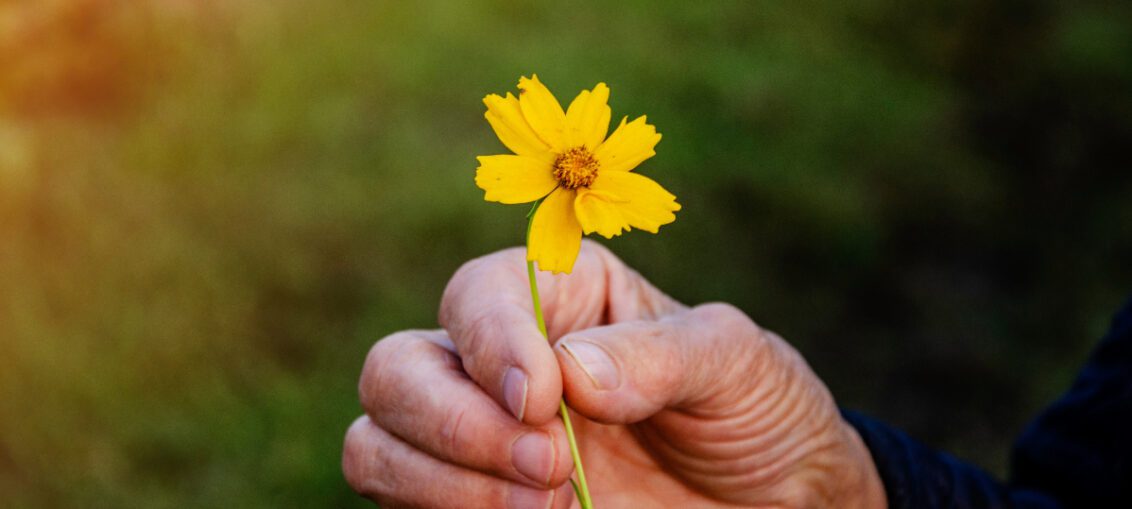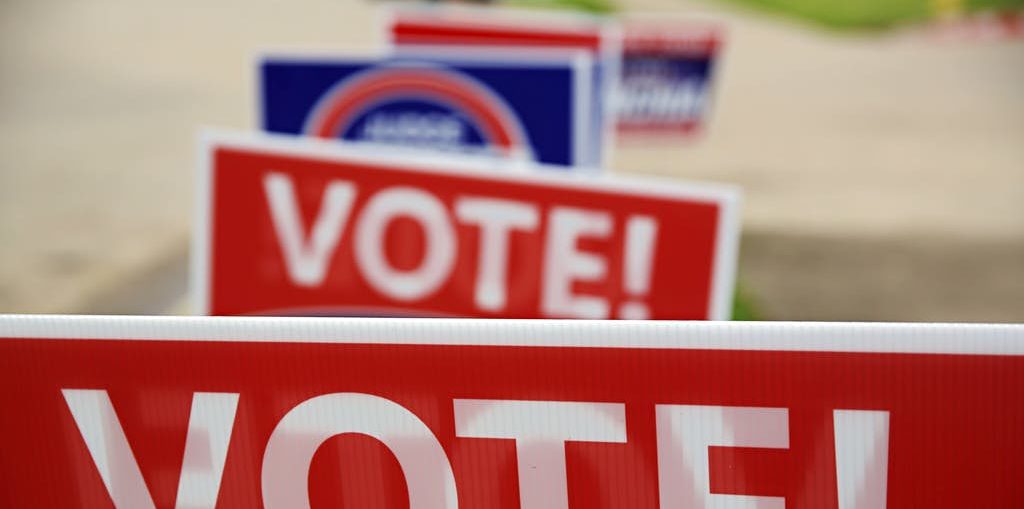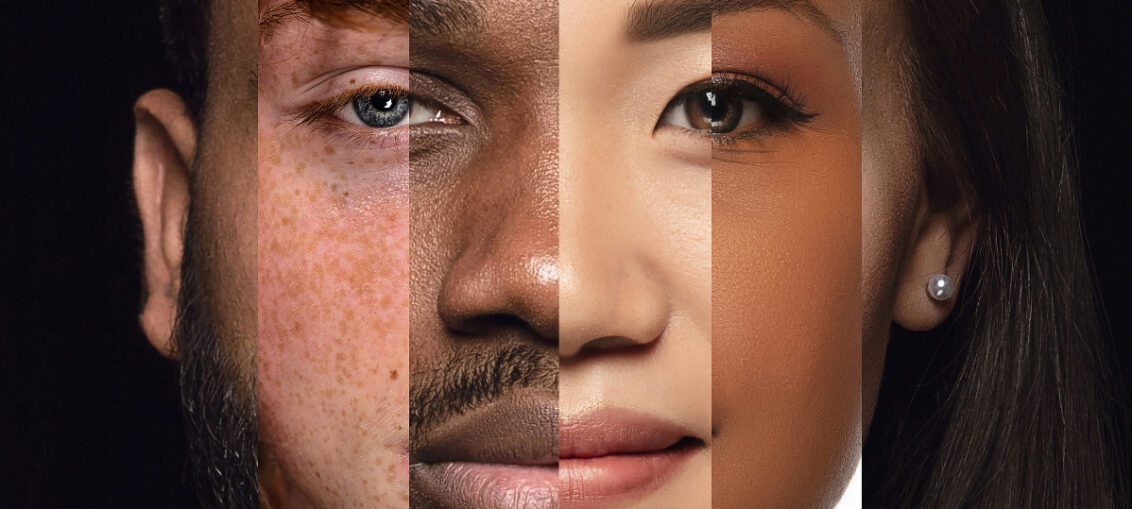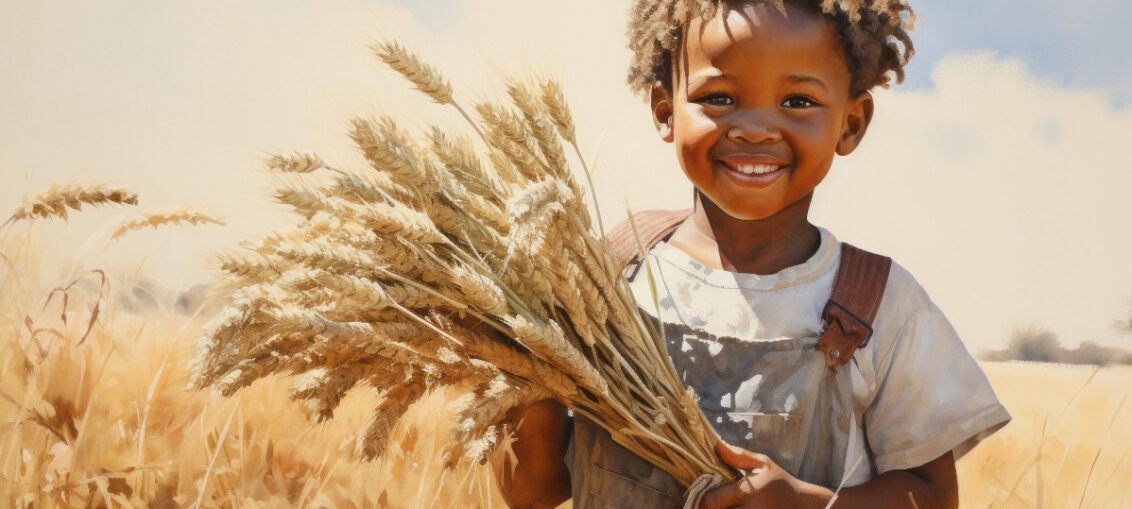The Kindness Boomerang Watch as the camera tracks an act of kindness as its passed from one individual to the next and manages to boomerang back to the person who set it into motion. Who is Life Vest Inside? The Genesis of Kindness Life Vest Inside, founded in 2011 by Orly Wahba, is not
People & Society
The 30-Day Local Food Challenge: Boosting Health and Community
Empowerment Through Education: Initiatives Bridging the Gender Gap in Schools
Education is a potent instrument for empowering individuals and communities. When girls and women are educated, they can make informed decisions, access better job opportunities, and contribute significantly to their societies. This article explores various successful programs that focus on bridging the gender gap in education globally and how individuals
Vote for Good – Make a Difference at the Poll
The Forgotten Athletes: Bringing Paralympic Sports into the Mainstream
Paralympic athletes embody the pinnacle of determination, skill, and sportsmanship. Despite this, they often remain in the shadow of their Olympic counterparts, with less media coverage, fewer sponsorships, and limited public recognition. This article shines a spotlight on the Paralympic movement and the remarkable athletes within it, advocating for the
Self-Care and Sustainability: Creating Eco-Friendly Personal Care Routines
The Ripple Effect of Kindness: Real-Life Stories of Random Acts that Changed Lives
Kindness is an invisible force with visible effects, capable of initiating waves of change across the globe. The following accounts showcase individuals whose spontaneous gestures of goodwill have left indelible marks on lives and communities, illustrating the profound impact of compassion. Lucia's Loaves - Naples, Italy In the quaint, cobblestoned quarters of
How to Spot Greenwashing: Ethical Fashion 102
In an era where environmental consciousness is more than just a trend, it’s a necessity, the fashion industry faces a formidable challenge. Amidst growing concerns over sustainability, some brands are turning to "greenwashing," a marketing ploy that gives a misleading impression of their products being environmentally friendly. As consumers, it's
Let thy Food be thy Medicine
By Frida Gachagua In Kenya and most African countries, primary education is compulsory and often subsidised by the government. These means that a nation’s future generation has people that can at least read, write and perform simple arithmetic. The attendance of high school is lower by almost a third because most










